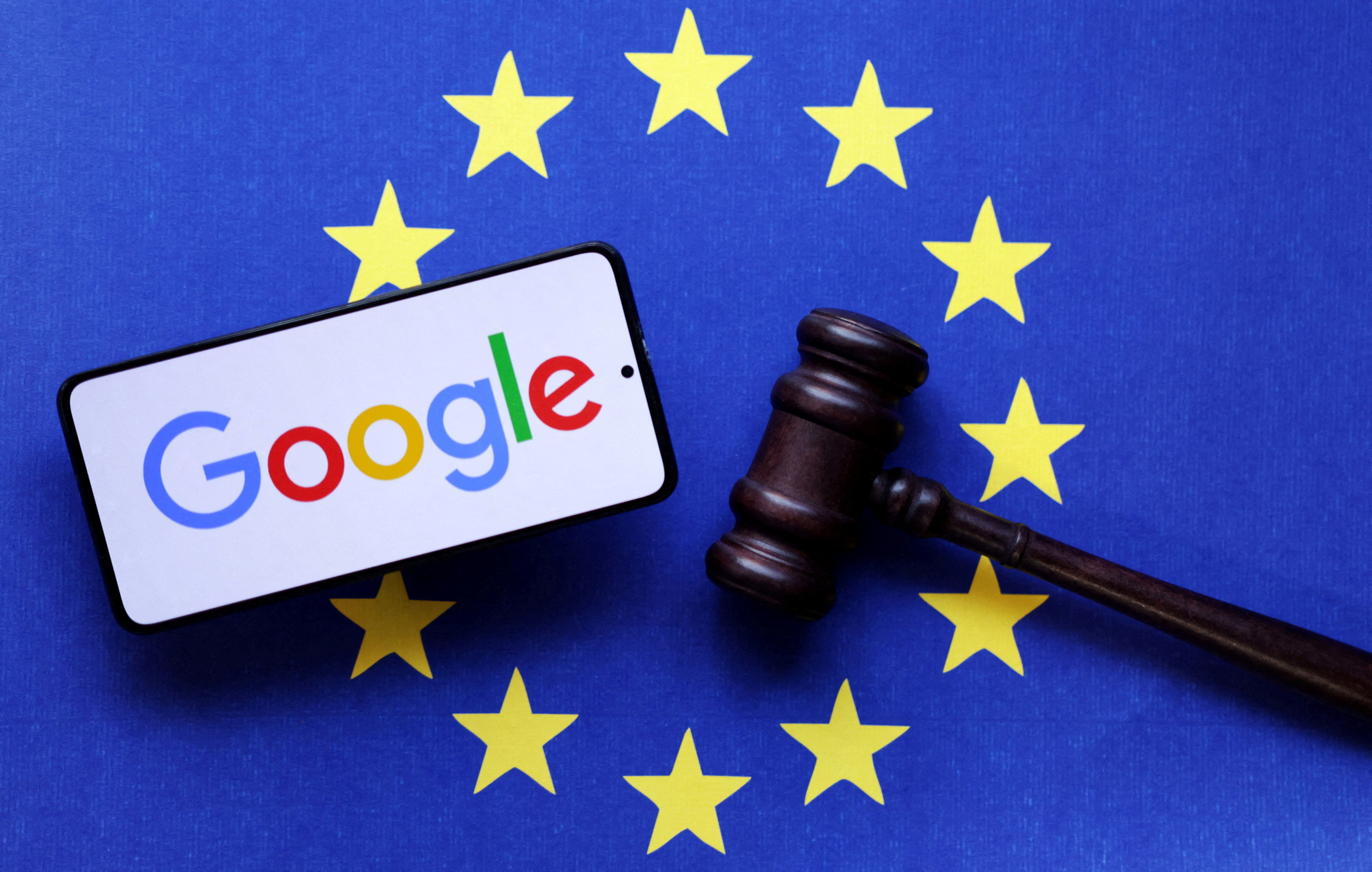Regulating Big Tech: Will the EU Finally Rein in Google?

It's taken Google decades to build an empire in search, advertising, and digital services, shaping much of the web. For most businesses and customers, it's not possible to circumvent Google—it's everywhere online. As Google's influence grows, regulators are asking whether it promotes competition or just reinforces its monopoly. The new claims are a result of an EU investigation after rival companies claimed that Google's dominance of search and mobile platforms was stifling legitimate competition. After an investigation, the European Commission ruled that Google was favoring its own products while restricting others from reaching alternative app stores.
At its core, the allegation is Google biases its search results to promote its own services, such as Google Flights, Google Hotels, and Google Shopping, over those of competitors being pushed further towards the bottom of the page. This isn't the first time—Google has been accused in this manner previously. Google was fined €2.42 billion by the EU in 2017 for prioritizing its shopping service over others. That ruling affirmed a clear precedent: Google dominates virtual marketplace access, and it exercises that control to maintain its dominance (Reuters, 2025). Another major issue is Google's Play Store restrictions. The EU says that Google is charging app developers excessive fees and forcing them to sign restrictive contracts, limiting how they can distribute apps through other platforms. It's not just the Play Store—it's about controlling the digital universe. By forcing developers to use its platform, Google makes it nearly impossible for other app stores to gain traction (Financial Times, 2025).
Google's scale provides it with a huge competitive advantage. This is the age-old tale of economies of scale—large companies economize as they grow, and this makes it difficult for smaller companies to remain in business.
Search dominance: Google dominates an estimated ~90% of European search traffic, according to the report. Competitors are at a loss because Google's gigantic pool of data allows it to manipulate search results in a manner nobody else can (Wall Street Journal, 2025).
Advertising muscle: Google operates one of the world's largest ad networks, making it a digital advertising giant, particularly in search ads.
App Store domination: Google charges a 30% commission on Play Store transactions, though some developers receive special deals. This keeps developers dependent on its platform while simultaneously reducing competition from alternative app stores.
If the EU wants the DMA to work, then it needs to do more than just fine companies. Whether or not enforcement will matter is still uncertain. Without better enforcement, Google will simply continue to look at fines as merely another cost of doing business.
A possible solution would be to require Google to unbundle its search and ad businesses in an attempt to prevent self-preferencing. This would create a clearer divide between how it ranks searches and how it profits from them. Another step would be forcing Google to allow genuine third-party app stores on Android without restrictive policies, giving developers and consumers more choices. Regulators could also require greater transparency in Google's search ranking system to prevent favoritism for its own offerings.
If the EU merely advocates for small changes, it will ensure Big Tech continues to dominate the digital economy with regulators playing catch-up. Part of the biggest issue with existing legislation is its ambiguity, making it easy for companies to find loopholes and put off implementation. Policies must be clear and enforceable to ensure proper regulation. Where rules are unclear, companies can manipulate them to continue their anti-competitive practices while regulators struggle to keep up. For policymakers to be effective in the long run, they must craft laws that are unambiguous, enforceable, and leave no room for Big Tech to maneuver. Otherwise, Google and other tech giants will keep shaping the digital economy on their terms while accommodating competition when it suits them.